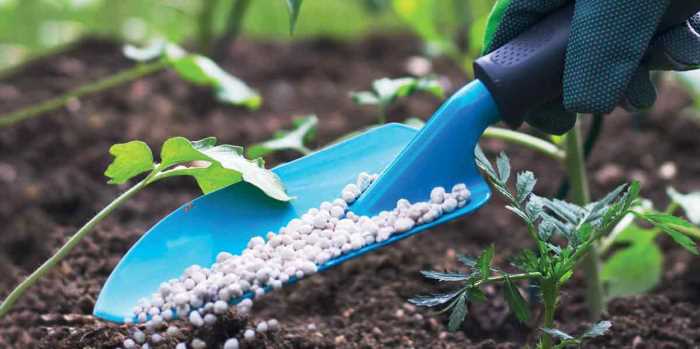AFRICA: $15 BILLION NEEDED FOR FERTILIZER PRODUCTION BOOST
The African Union (AU) is calling for a significant increase in local fertilizer production across the continent. To achieve this goal, they estimate a $15 billion investment from the private sector is needed. This initiative aims to address Africa’s dependence on global fertilizer markets and ultimately enhance food security.
Challenges and Opportunities:
- Low Fertilizer Use: A key problem is the limited use of fertilizer by African farmers. The Abuja Declaration, endorsed in 2006, aimed to raise fertilizer usage from 8 kg/ha to 50 kg/ha within a decade. However, progress has been slow.
- Import Reliance: Africa currently imports a staggering 90% of its fertilizer, primarily for Sub-Saharan Africa. This dependence exposes the continent to price fluctuations and potential supply chain disruptions in the global market.
- Untapped Potential: Africa boasts vast resources for fertilizer production. It has 60% of the world’s arable land and abundant water reserves. Additionally, the continent already produces 30 million metric tons of fertilizer annually, double its consumption rate.
AU’s Proposed Solutions:
- Investment Boost: The AU seeks $15 billion in private sector investment to bolster local fertilizer production capacity.
- Regional Cooperation: The plan emphasizes collaboration on fertilizer policy, research & development (R&D), and pooling resources to build production facilities. This fosters cross-border trade within Africa.
- Financial Tools: The AU proposes utilizing financial instruments like trade credit guarantees, working capital, and targeted subsidies. This aims to minimize market distortions, reduce costs, encourage innovation, and strengthen input supply chains.
- Organic Fertilizer Focus: Identifying and leveraging local organic resources is crucial to decrease reliance on global markets and shorten supply chains.
- Improved Distribution: Expanding Africa’s “last-mile” delivery system is essential. This will reduce the distance farmers travel to access fertilizer and other critical farm inputs.
Benefits of Increased Fertilizer Production:
- Food Security: Enhanced local fertilizer production will ensure greater availability and affordability for African farmers. This directly translates to increased agricultural productivity and improved food security on the continent.
- Economic Growth: A fertilizer production boom will create jobs, stimulate economic activity in rural areas, and empower local businesses.
- Self-Reliance: Reduced dependence on global fertilizer markets will make Africa less vulnerable to external price shocks and supply chain disruptions.
The Road Ahead:
The AU’s proposed fertilizer production initiative aligns with the goals of Agenda 2063, Africa’s 50-year development plan. The upcoming Africa Fertilizer and Soil Health Summit will be a crucial platform for stakeholders to brainstorm strategies for an agricultural revolution in Africa.
This initiative holds immense potential to transform Africa’s agricultural sector, ensuring food security and fostering economic growth for the continent.
Source: nariametrics
Read Also:

